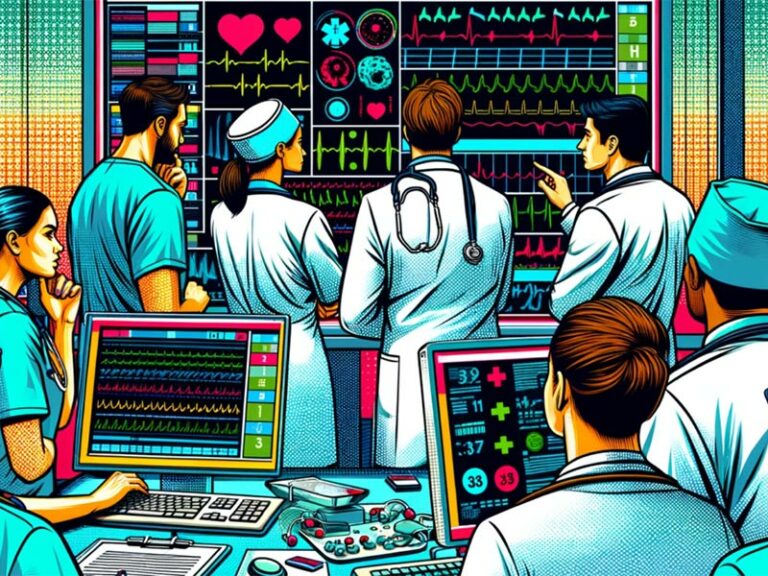The rise of AI-enabled wearables: healthcare professionals’ perspectives on benefits and barriers
AI-enabled wearables like smartwatches and rings are transforming healthcare by enhancing early diagnosis and patient monitoring — but widespread adoption depends on addressing healthcare providers’ concerns about integration, privacy, and usability.











